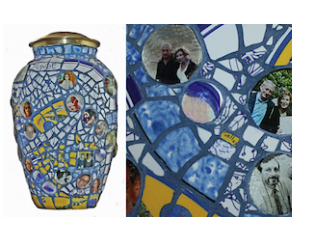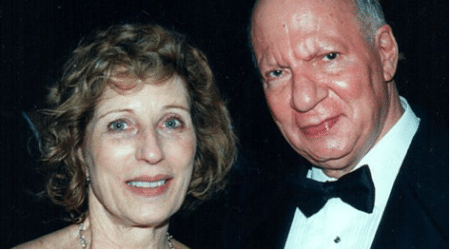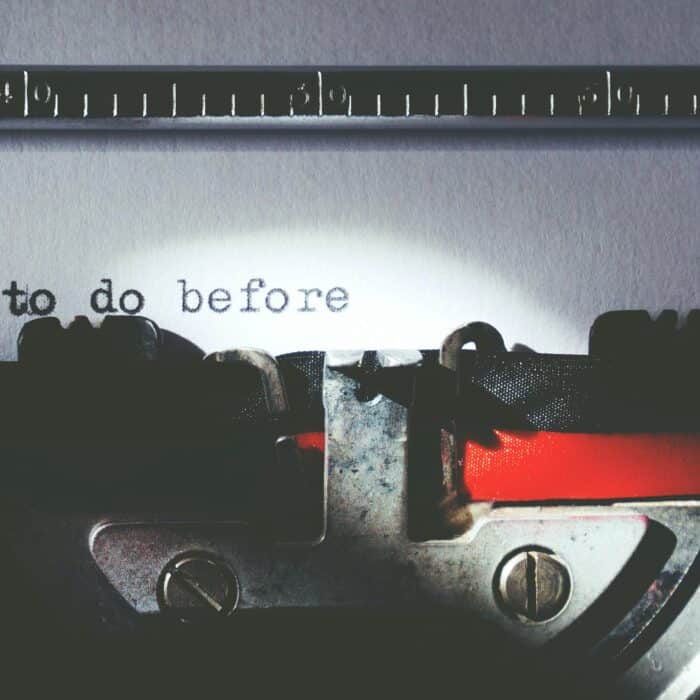Jan 05, 2016
‘There are no online reviews for hospices,” I said to my 79-year-old brother shortly after he announced he was stopping dialysis. Though we knew his decision made this the first day of the rest of his life, we both laughed. Jack had been hospitalized for months with pneumonia, serious heart and kidney problems. In his condition, I would have made the same choice.
We came from the same gene pool, but we were very different. Jack was proper; I am bold. He was restrained and cautious; I’m impulsive and unguarded. He kept to himself; I have many friends. We’re both New Yorkers, but my brother was an Upper East Sider with a large tie collection; I live in the West Village, where you see more tattoos than ties. He’d never married and I was the closest family member. Dying unloosened Jack’s tie and allowed us to establish a connection that had long eluded us.
When Siri told me that there are 15 hospices outside of Manhattan, I snapped back, “I want one in the city.” She was no more helpful than Yelp or Google had been. Shouldn’t TripAdvisor include hospices in its listings? A palliative care nurse gave me the name of one in the city, letting me know it has only 25 beds. Was dying like everything else? Did you have to know someone?
“Our turnover is high,” the woman at Haven Hospice told me on the phone, assuring me that within days, there would be a bed. Hospice conferred normalcy on dying, though I pointed out to them that the exit signs seemed redundant. I’d brought with us spaghetti and Diet Coke, the two things my brother requested. A man who’d dined at fine restaurants everywhere in the world was now savoring minuscule amounts of soft foods. I fed him with a plastic fork. Beaming, he said, “This spaghetti is delicious. What is it?”
“It’s spaghetti to die for.” Instead of the wince I’d expected, he smiled. We’d given up trying to change each other. What he’d perceived as my flaws, he now appreciated, particularly when I dealt with his doctors. He told them, “My sister is my strength.”
Despite our differences, no brother was more devoted or generous. Jack had modeled how to be a loving and protective sibling. It was my turn to give back. We agreed to make his remaining days as much fun as we could. I bent the hospital straw the way I’d seen the nurses do and placed it in his mouth. After taking a sip, he let the soda slosh around on his tongue as if it were a grand cru. “How much Diet Coke did you get?” he asked.
“Six cans. For you, that’s a lifetime supply.” For the first time, he was enjoying my dark humor. “How about I interview you and I’ll read your words at the funeral?” He hesitated, but didn’t refuse. I opened the pad I’d brought, not sure what I would ask until I started. “Do you remember my first word?”
“Stop smoking.” Jack probably imagined I would scold him about not taking care of himself, as had been my habit, but I laughed.
“Are you afraid of dying?” I asked.
“No,” he answered. “Curious. I’d like to last another 10 years. You’re making it too nice for me. I can’t think of anybody going so peacefully.” Two days before Jack would die, as I was leaving his room, I heard him singing, “The sun’ll come up tomorrow.” I returned and we sang together.
I reached for my iPhone and played a song from our childhood home, the tearjerker, “My Yiddishe Mama.” “How are you not crying?” I asked.
“I’m thinking about what I want Mama to cook for me. Maybe gefilte fish.”
“I have bad news for you,” I told him. “I have her grinder.” That got the biggest laugh.
After my speech at the funeral, the rabbi was clearly overcome, telling the gathering, “I’ve never heard anything like that.”
I’d talked about our final experiences and read what my brother wanted to say to each person he loved. Then the video I’d made came up on a large screen showing Jack smiling and saying, “Hi everyone.” He paused and went on to say the words I’d suggested, which is how he ended every phone call: “Okay, ‘bye now.”
Hospice had freed us from the burden of unsupported optimism and given us the gift of accepting the inevitable. I continue to remember my brother saying, “These last few days with you are the best thing I’m taking with me.”
Recently a friend asked for help with the eulogy she was writing, essentially a biography of her mother. I was aware that after decades of difficulties, the two had finally softened and made peace. “The mother I’ll mourn is the one I knew in her last month,” she’d written.”
Knowing she and her daughters were having issues, I said, “This is your chance to let the girls know it’s never too late to work things out.” My friend expressed what was in her heart, saying she planned to use her remaining years to make things better with them. I saw her daughters tear up, each taking one of her arms and holding on as the coffin was being lowered into the ground.
Funeral directors are in the best position to suggest that those commemorating the deceased think of the service and all aspects of the memorial as an opportunity. Rather than just summing up a life with dates, degrees and accomplishments, it can be a creative experience, a time to be creative and communicate a meaningful message. Taking control is likely to be the start of the healing process.
 Sybil Sage, a mosaic artist working in the funeral industry, creates personalized urns and other pieces, working in the French style known as “pique assiette.” Her memorial mosaics are custom ordered and designed in collaboration with the client, who provides photos and sometimes meaningful text that she embeds in the mosaic. Her idea is to help cope with grief by celebrating a life in a work of art to be displayed in the home.
Sybil Sage, a mosaic artist working in the funeral industry, creates personalized urns and other pieces, working in the French style known as “pique assiette.” Her memorial mosaics are custom ordered and designed in collaboration with the client, who provides photos and sometimes meaningful text that she embeds in the mosaic. Her idea is to help cope with grief by celebrating a life in a work of art to be displayed in the home.
To contact Sybil, visit personalized-urns.com or email Sybilny@gmail.com.
About The Author
Jess Farren (Fowler)
Jess Farren (Fowler) is a Public Relations Specialist and Staff Writer who has been a part of the ASD team since 2003. Jess manages ASD’s company blog and has been published in several funeral trade magazines. She has written articles on a variety of subjects including communication, business planning, technology, marketing and funeral trends. You can contact Jess directly at Jess@myASD.com


